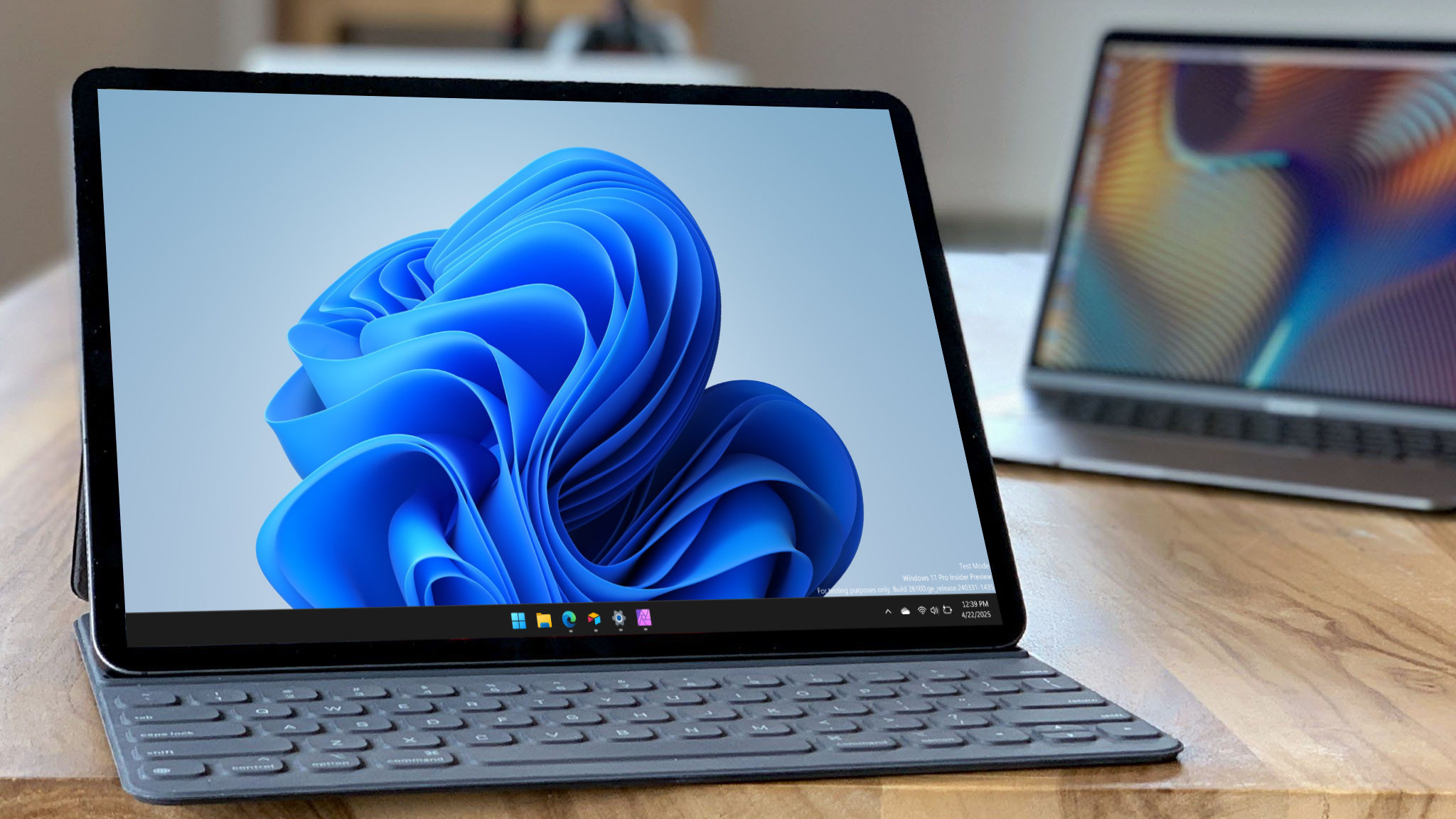Surface 'Andromeda' might use face detection for intuitive volume controls
Microsoft is having to rethink a bunch of mobile phone staples in its pursuit of a folding tablet, including things as basic as volume controls.
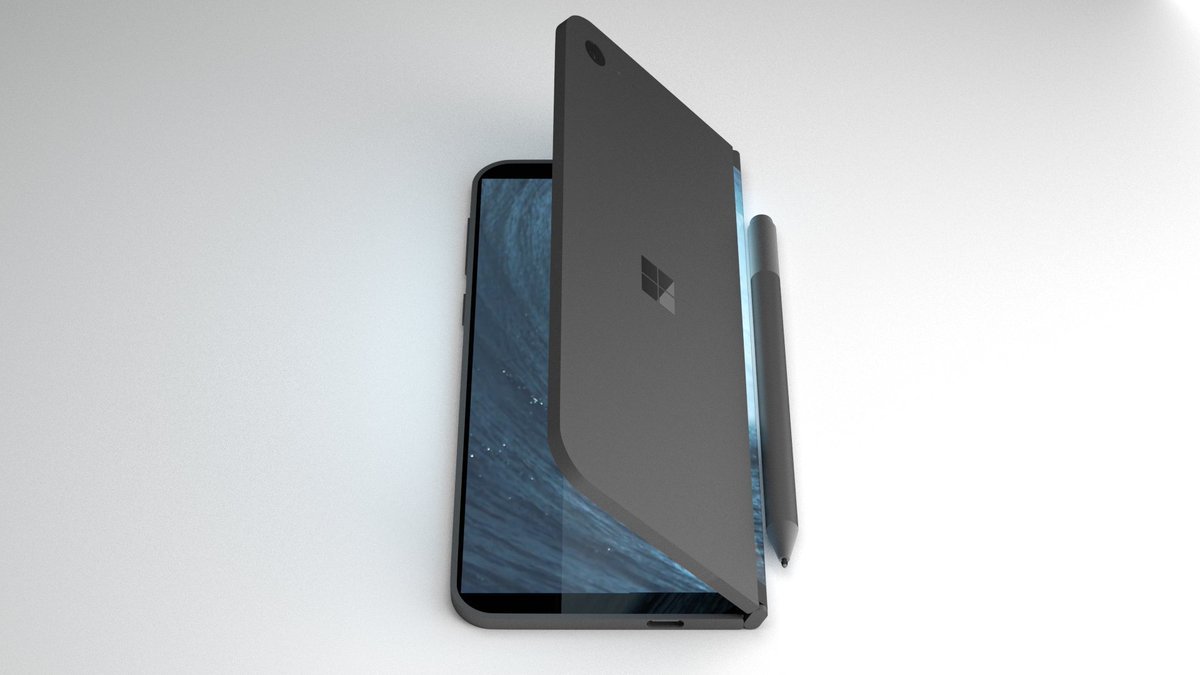
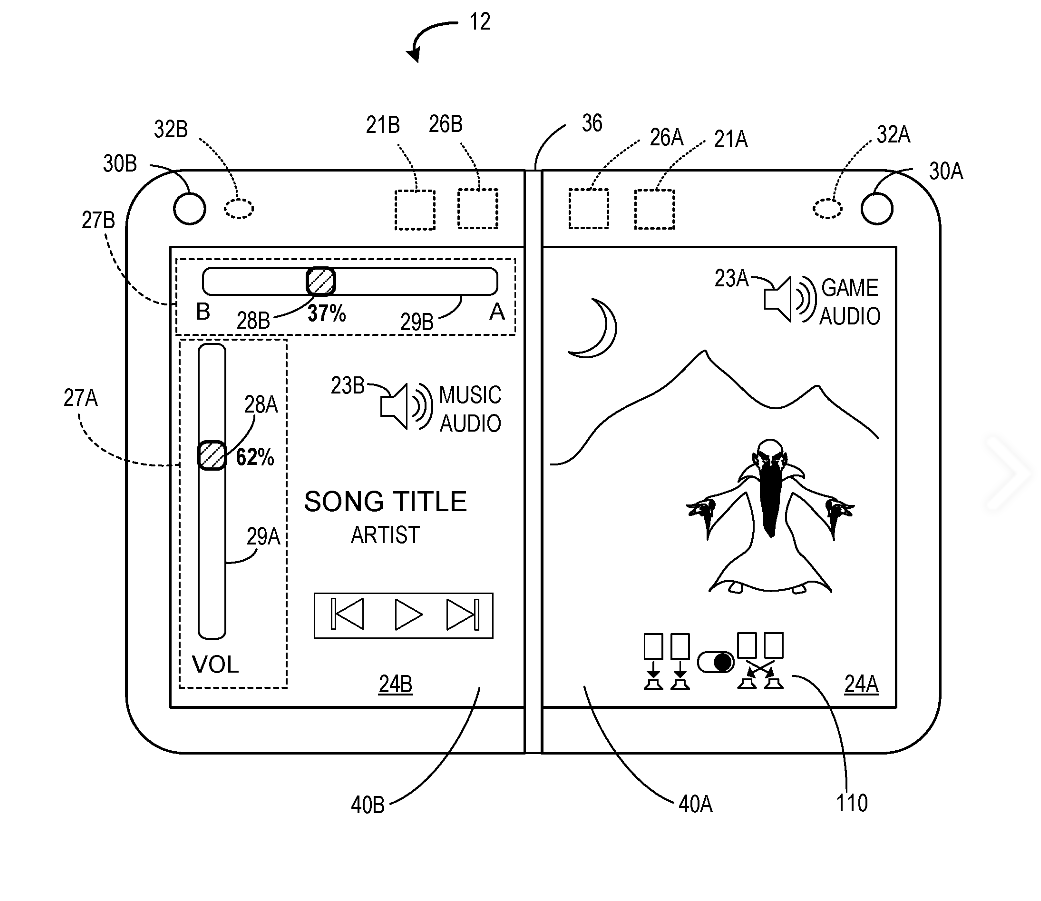
Microsoft is showing no sign of quitting its Surface Andromeda patent-a-thon, from big technological solutions to pouring over all sorts of finer details. The very idea of a dual-screen computer creates a range of usability issues that we take for granted with today's single-slate tablets and phones, and clearly Microsoft is ensuring that it is really thinking through all the finer points of how a dual-screen tablet could work.
This latest patent describes issues that come with dual-purpose volume mixing, where you can have separate apps and features present across two displays.
When viewing content on the screens in these varying positions, users may encounter challenges adjusting the audio volumes of different applications executed on each of the screens, or different audio-enabled graphical user elements displayed on each of the screens.
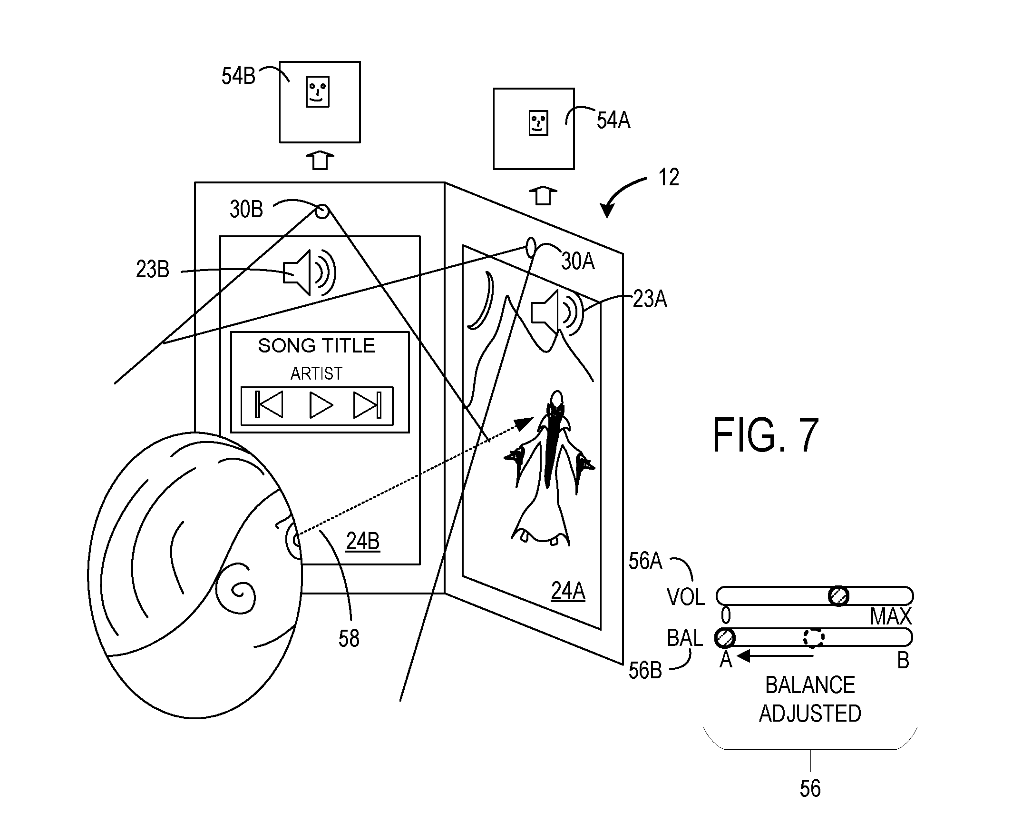
If this patent bears fruit, it seems as though Microsoft is looking to enlist dual cameras on Andromeda to detect distance and gaze for the tablet's users. Some of the scenarios described include automatically increasing the volume when you're further away from the device while playing a game, and also swapping the balance from one display to the other based on which one you're looking at.
Additionally, the patent covers other events for configuring audio, including hinge positions, and it can also trigger a mute if no face is detected. The patent also notes that regular on-screen GUI volume controls will also be present. The patent also covers scenarios for sending sound to left and right headphones connected either wirelessly or via a headphone jack, allowing users to play audio from each individual app in separate ears, or mixed in stereo.
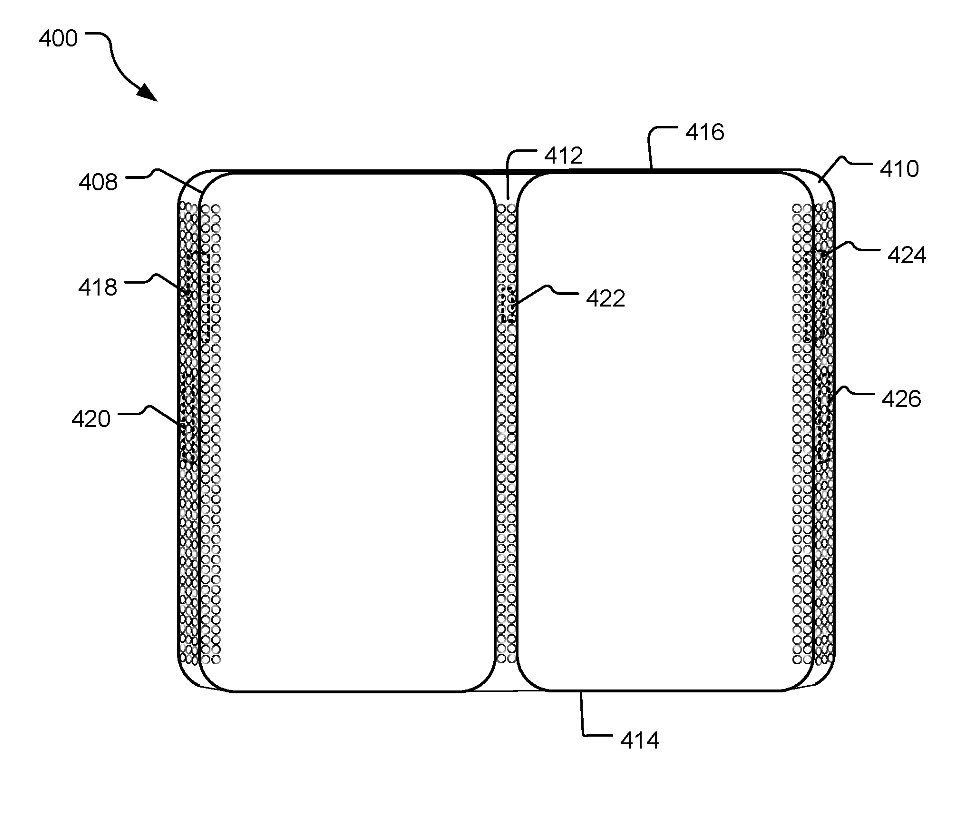
On a related note, Microsoft also patented methods for Andromeda to have haptic-based power and volume buttons, doing away with the machine buttons most phones and tablets still have in 2018. The patent talks about implementing haptic feedback on the sides and back of the device, allowing users to "feel" virtual volume and power buttons with haptic feedback either via vibrations, pulses, or textures that remain flush with the device.
We still have no real idea whether Andromeda will ever hit store shelves, but it's nice to dream. At the very least, the Surface labs are churning away on exploring all sorts of features that could make their way into all sorts of Surface devices, even if Andromeda never sees the light of day. Here's hoping, either way.
Get the Windows Central Newsletter
All the latest news, reviews, and guides for Windows and Xbox diehards.

Jez Corden is the Executive Editor at Windows Central, focusing primarily on all things Xbox and gaming. Jez is known for breaking exclusive news and analysis as relates to the Microsoft ecosystem while being powered by tea. Follow on Twitter (X) and Threads, and listen to his XB2 Podcast, all about, you guessed it, Xbox!
